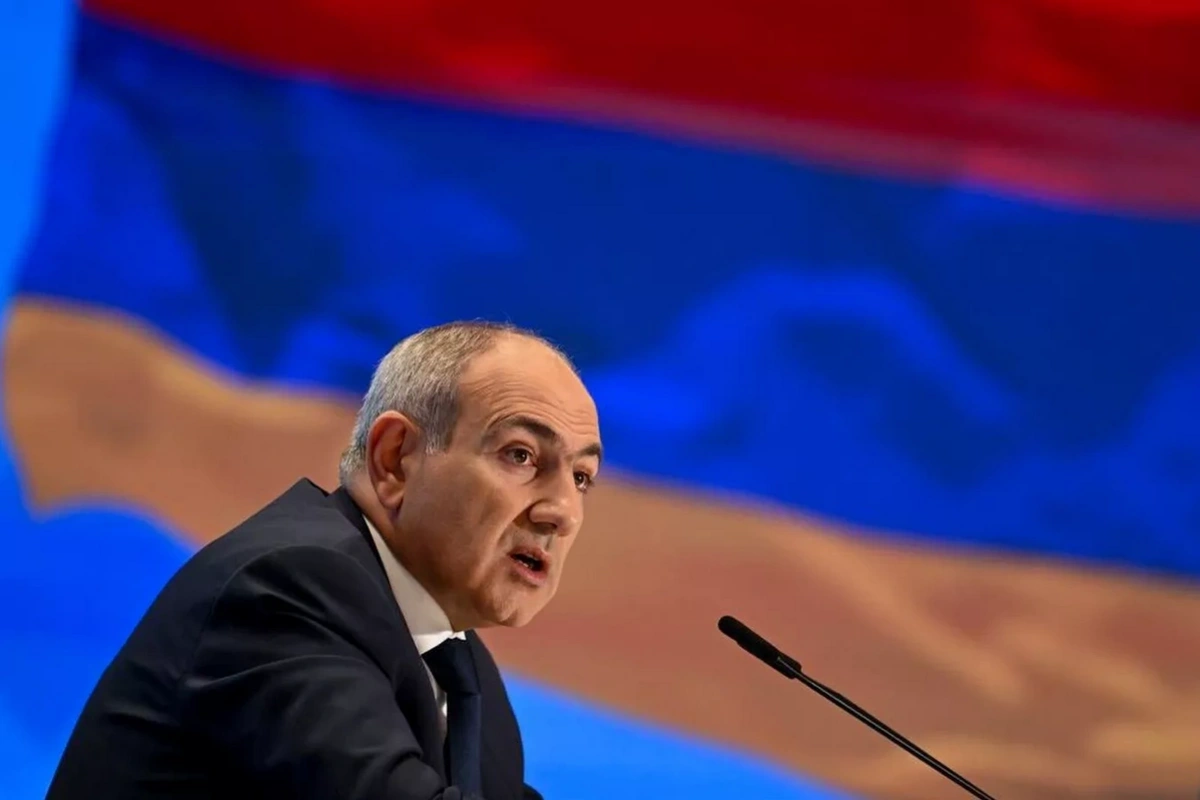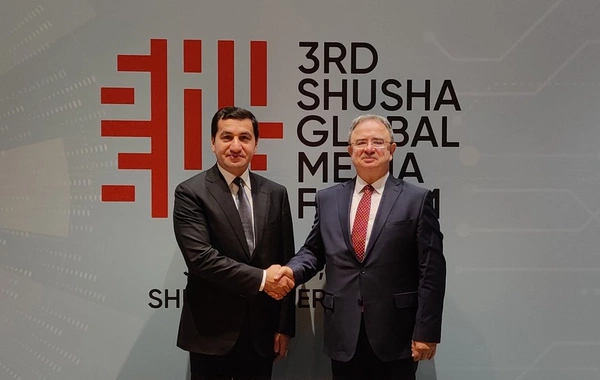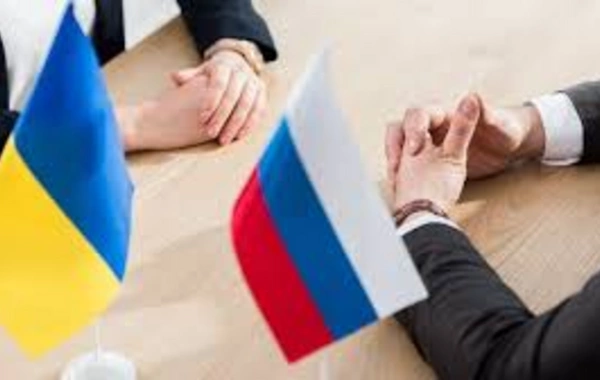Pashinyan at the Crossroads: Analyzing the Latest Statements of the Armenian Prime Minister

Armenian Prime Minister Nikol Pashinyan held a traditional press conference in Yerevan on July 16, during which he elaborated on important aspects of Armenian and regional politics. Of course, it was not without contradictions, writes the newspaper "Caspian".
Pashinyan advocated for Armenia's accession to the EU, albeit in the distant future, but expressed a desire to become a member of the SCO in the very near future. The Armenian Prime Minister did not explain how Yerevan plans to combine participation in two different political platforms. He also made it clear that his country does not intend to return to active participation in the CSTO and is rather considering the possibility of withdrawing from this structure. Pashinyan also did not specify the time and circumstances under which Armenia would take this step.
"Crossroads" without peace?
Nikol Pashinyan presented the detailed position of official Yerevan on the issue of unblocking regional communications. The central theme of the speech was the implementation of an ambitious initiative called "Crossroads of Peace" - a strategy aimed at turning Armenia into a transit hub for the South Caucasus.
Pashinyan paid special attention to the conditions under which Armenia is ready to unblock communications. He emphasized that any actions in this direction are possible only if the principles of sovereignty, territorial integrity, and jurisdiction of the Armenian state are observed. The Prime Minister cited examples of already functioning outsourcing models - in particular, the management of Zvartnots Airport, the railway network, and the Haypost postal service, where property remains in the hands of the state, but management is transferred to private or foreign operators. This, according to the head of government, could serve as a model for future international agreements.
As can be seen in the process of unblocking communications, Pashinyan continues to rely on attracting external players - even if formally represented as commercial structures. The Armenian Prime Minister consistently promotes the idea of transferring the management of part of the transport infrastructure to international operators, referring to the outsourcing experience already applied in sectors such as aviation, postal services, and railways.
However, he seems to not fully realize that such an economic model inevitably entails a political dimension as well. The participation of foreign companies - especially from countries with active geopolitical interests in the region - in a strategically important transport project objectively means allowing external players to have real influence on processes that are significant not only for Armenia but also for its neighbors. Thus, under the guise of "technical management," the internal transport system could be transformed into an element of a broad geopolitical infrastructure.
Prospects without specifics
Speaking about the prospects for the peace process, the Armenian Prime Minister confirmed that official Yerevan remains committed to achieving comprehensive peace in the region and continues dialogue with Azerbaijan and Turkey. According to him, negotiations with Baku are still ongoing, despite persistent disagreements, including on issues of border delimitation and unblocking transport routes.
Pashinyan expressed hope for the early signing of a peace agreement with Azerbaijan but acknowledged that "significant obstacles" remain. He reiterated the thesis about the need to recognize each other's territorial integrity and emphasized that Armenia, unlike previous approaches, is ready for compromises - but exclusively within the framework of international law.
Regarding Turkey, the Armenian Prime Minister noted that dialogue with Ankara continues through existing diplomatic channels, including with the participation of special representatives. Pashinyan emphasized the importance of normalizing Armenian-Turkish relations without preconditions and indicated that unblocking communications, including between Armenia and Turkey, should become an integral part of this process.
"If we don't follow the path of reconciliation with a country like Turkey, then what path should we follow?" the Armenian Prime Minister asked rhetorically.
However, as with other issues, not much specificity was heard in the statements. Questions about the mechanism for implementing peace initiatives remained without detailed explanations. This creates the impression that despite the declarations, the final architecture of regional peace is still far from complete and remains the subject of complex diplomatic bargaining.
Church and Russia as challenges
At the press conference, Nikol Pashinyan did not ignore two painful issues for Armenian society - the crisis in relations between the state and the Armenian Apostolic Church, as well as the growing cooling in Russian-Armenian relations.
Speaking about tensions with the church, the Prime Minister stated that the Armenian government respects the role of spiritual institutions, but "the church should not interfere in politics."
Similar News
Expansion of cooperation between Azerbaijan and D-8 discussed
As part of the III Shusha Global Media Forum, a meeting was held between the Assistant to the President of Azerbaijan - Head of the Foreign Policy Affairs Depar...



 Azərbaycanca
Azərbaycanca  По-русски
По-русски  English
English 







